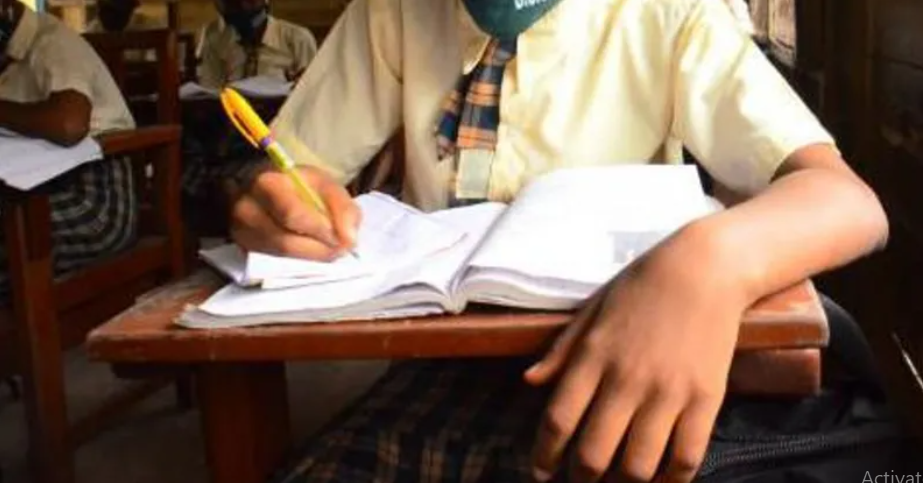INTERNATIONAL

"BLANK SCRIPTS, BLACKOUTS, AND TRAGEDY: INSIDE NIGERIA’S EXAMINATION CRISIS"
Nigeria's university entrance exam authority has acknowledged a major “technical glitch” that affected the integrity of this year’s results, after nearly 80% of candidates scored poorly.
Thousands of students reported being unable to access the exam system, encountering blank questions, or experiencing power outages that made completing the test impossible.
The unusually low pass rate has triggered public outrage—especially after the tragic death of 19-year-old Faith Opesusi Timileyin, who took her own life after receiving a disappointing score. Her family said she had retaken the exam this year, scoring 146 out of 400, a drop from her previous result of 193. Her dream was to study microbiology.
“The pain made her take her own life,” her father, Oluwafemi Opesusi, told BBC Pidgin.
Typically, a score of 200 or higher is required to gain admission to most Nigerian universities. This year, only 400,000 of the 1.9 million candidates met that threshold—the worst performance in years.
The Joint Admissions and Matriculation Board (JAMB), which oversees the Unified Tertiary Matriculation Examination (UTME), has now announced that candidates from 157 affected centres will be allowed to retake the test, beginning Saturday.
In a press briefing, JAMB registrar Professor Ishaq Oloyede was visibly emotional as he apologised for the ordeal students endured, describing it as “painful damage” and acknowledging the trauma caused.
Students in Lagos and parts of the southeast are among the worst affected. JAMB attributed the problems to a failure of the computer systems to upload candidate responses in some centres during the early days of the exam.
One student, Favour Eke, told BBC Igbo that 10 out of 165 questions never appeared on screen—only the multiple-choice options were visible. “We were told to skip the blank questions and keep going, but it was hard to stay focused,” she said.
Eke, who took the exam in Abuja, is not eligible for a retake and now faces the possibility of missing university admission for the third year in a row.
Another candidate said he encountered login issues and was shown someone else’s profile before the system briefly shut down. “I didn’t finish my questions because so much time was wasted fixing technical problems,” he said.
Earlier in the week, Oloyede had defended the overall poor performance, claiming it reflected the “true academic ability” of students and resulted from stricter anti-cheating measures.
But mounting pressure on social media has led many Nigerians to demand accountability. Some are calling for Oloyede’s resignation, while opposition leader Peter Obi described the situation as “deeply troubling,” pointing to the broader failure of essential national systems.
"This represents a significant development in our ongoing coverage of current events."— Editorial Board









